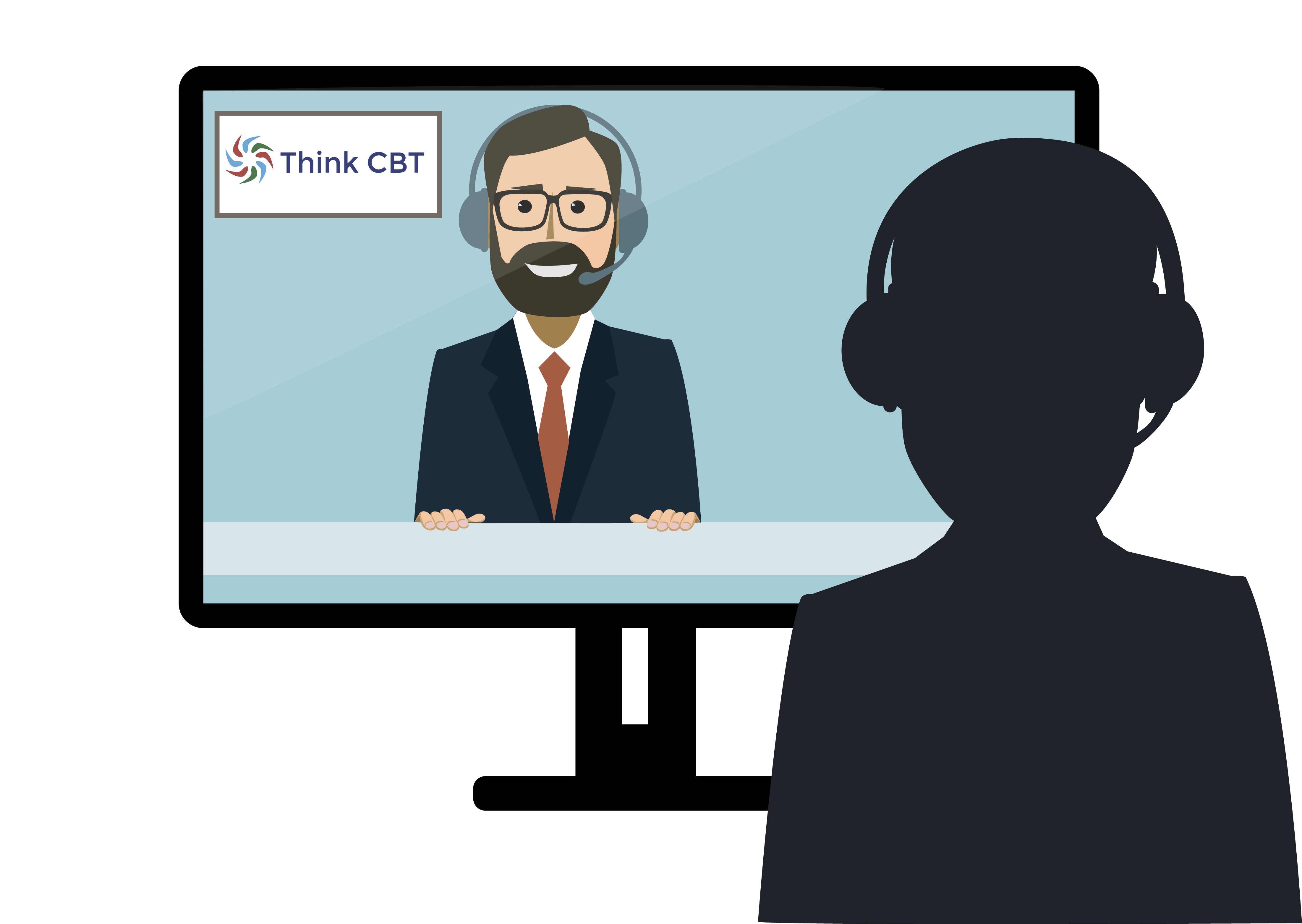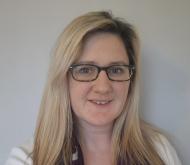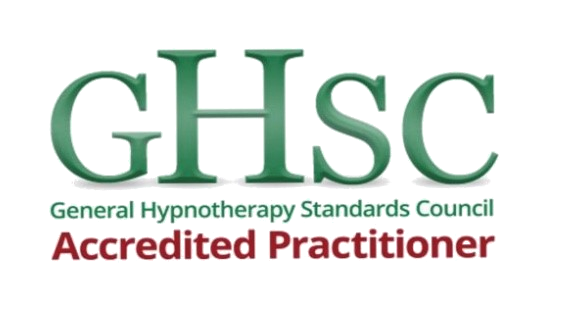Cognitive Behavioural Therapy – CBT For Eating Disorders – UK Wide and Online by Video Link
We provide Cognitive Behavioural Therapy for eating disorders - also known as CBT–E. This includes treatment for anorexia nervosa, bulimia and binge eating disorder. Eating disorders are complex psychological health issues that require specialist treatment by a properly qualified eating disorders specialist. To book an appointment with a member of our eating disorders service, complete the appointment request form on this page or email info@thinkcbt.com
We understand that accessing high-quality treatment for eating disorders is often difficult and that NHS waiting lists can be in excess of 6–12 months. We therefore provide a private eating disorder service that is fast, affordable and delivered to the highest standards of clinical best practice.
Why Choose CBT for Disordered Eating Problems?
The published research evidence and the independent clinical guidance provided by the National Institute of Health and Care Excellence (NICE), demonstrates that CBT is highly effective in the treatment of eating disorders and unhealthy eating behaviours. CBT-E involves working on the presenting psychological symptoms and the underlying background factors that predispose individuals to eating disorder behaviours.
Online CBT for Eating Disorders

Online Cognitive Behavioural Therapy for eating disorders works in exactly the same way as face-to-face therapy. The same methods and clinical techniques are used during CBT-E sessions. Your CBT therapist will work with you via video link and relevant CBT material will be shared on screen and by email.
If you want to book online Cognitive Behaviour Therapy appointments for controlled or unhealthy eating behaviours we can organise an initial telephone call to discuss the approach before starting therapy. If you want to book online appointments for a diagnosed eating disorder including anorexia, binge eating disorder or bulimia, it may also be helpful to involve your local GP or healthcare specialist in the agreed treatment plan. To find out more email appointments@thinkcbt.com
Our Clinical Training

Our CBT Psychotherapists and Psychologists hold full professional accreditation with the British Association of Behavioural and Cognitive Psychotherapy and the Health Care Professions Council. Every member of our CBT-E team is fully qualified and experienced in the treatment of eating disorders.
Our qualified CBT-E specialists are trained to support people struggling with binge eating disorder, anorexia nervosa and bulimia. Our approach is highly structured and draws on the latest CBT research into the treatment of eating disorders. Whether you have an eating disorder diagnosis or just recognise controlled or unhealthy eating behaviours, you can organise a call with a member of our team to talk about getting support for the problem. You can book an online CBT appointment via video-link or check for availability of face-to-face appointments in your area by entering your postcode in the “Find A Therapist” search box on the right side of this page.
How Eating Disorders are Maintained
The common factors in all eating disorders involve an overconcern with body shape and weight. This is linked to feelings of shame, guilt, disgust, low self-esteem and a tendency towards perfectionism.
This can lead to strict dieting or restrictive eating, a preoccupation with weight loss, binge eating, purging and over-exercising. These factors can create vicious cycles where the sufferer attempts to overcompensate for one factor by excessively applying another. So, binge eating can be linked to purging, controlled eating can be linked to excessive exercise and body image can be linked to a preoccupation with weight loss.
The Evidence for CBT-E
The Cognitive Behavioural Therapy for Eating Disorders model, also known as the CBT-E model, was developed by Fairbank in the 1990s and has been extensively researched as the recommended treatment of choice for bulimia, anorexia and binge eating disorder. CBT-E was found to be substantially more effective than psychoanalytic and interpersonal therapy, consistently and significantly outperforming other therapies at the 20-week assessment, at 60-week follow-up and after a two-year post-treatment period. CBT-E is therefore widely recognised to be the most effective treatment for eating disorders and continues to set the recovery threshold for bulimia, binge eating and anorexia.
How CBT-E Works
CBT is a highly structured psychological treatment. The protocol usually involves 20 sessions involving goal setting, weight monitoring, reviewing homework, developing the psychological formulation, teaching new cognitive and behavioural skills and problem-solving. The key components of the treatment process include:
- Psychoeducation to understand how the eating disorder is maintained and the psychological and medical consequences.
- Replacement of dieting with “normal eating” - three daily meals plus two-three snacks per day.
- Meal planning involving a prepared menu to ensure that the time and content of each meal is always known in advance.
- Completion of food reports immediately after eating: identifying relevant thoughts, feelings and behaviours.
- A regular weekly session weighing to track progress and agree new behavioural experiments.
- Development of CBT strategies to replace bingeing, restrictive eating and other compensatory strategies. This can involve urge or emotional regulation techniques, competing behaviours and problem-solving skills.
- Identifying and challenging rigid eating rules by undertaking behavioural experiments to improve dietary flexibility.
- Development of continuum / flexible thinking styles to replace rigid or black and white perfectionistic thinking.
- Use of behavioural experiments to test dietary beliefs and assumptions about eating and weight.
- Exposure exercises to gradually increase tolerance to “feared foods”.
The treatment plan may also include suspension of body checking and avoidance behaviours, cognitive work on low self-value and acceptance, interpersonal skills and behavioural bandwidth experiments to develop other sources of self-evaluation.
Our Eating Disorders Team
Our eating disorders clinical lead is Dr Zoe Mawby. Zoe and all members of our eating disorders team has received formal training in Cognitive Behavioural Therapy for eating disorders (CBT-E) and have direct experience treating eating disorders within specialist NHS and private sector settings.
CBT-E is a highly specialist form of psychological treatment and should only be delivered by a properly qualified Cognitive Behavioural Psychotherapist or Psychologist with specific training in eating disorders. Clients should always check the credentials of their therapist before starting work on an eating disorder, weight control or body image problem.
If you want to talk to us about an eating or body image related problem, you can email info@thinkcbt.com or call +44 1732 808626. The process is quick and simple, and we will always respect your privacy and personal dignity.













